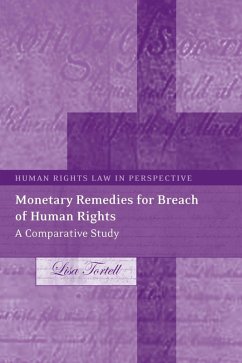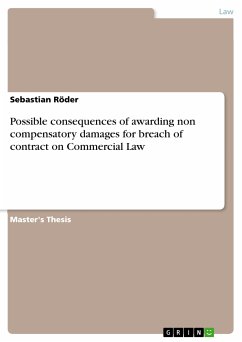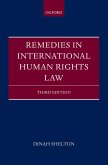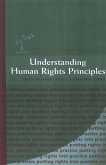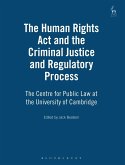This book constructs a framework which allows a greater understanding of domestic causes of action for breaches of human rights sounding in a monetary remedy. The first part describes the cause of action in three jurisdictions: the United States of America, India and New Zealand.
The second part discusses two insights resulting from a comparative analysis of these three jurisdictions. The first is a list of four common questions that, when answered, structure the cause of action. These questions address what the cause of action protects, who the cause of action protects, against whom the cause of action is directed, and what the court orders. The second is a list of four overarching influences that affected the answers given to those questions in the three jurisdictions, so completing the structure of the causes of action. These influences are the cause of action's source, age, wider context and internal context. Putting these two chapters together provides a generalised outline of the causes of action.
In the third part of the book the analysis is turned around. The generalised framework is assessed as a way in which to categorise the development and shape of the cause of action in England under the Human Rights Act 1998.
The book concludes that a generic structure of the cause of action is common to the three jurisdictions studied and that the differences between the jurisdictions can be explained by influences that affect the causes of action in different ways. Further, this generalised framework is of relevance beyond the three jurisdictions from which it was drawn; it can be used as a guide by other jurisdictions in which such a cause of action either exists or will develop in the future.
The second part discusses two insights resulting from a comparative analysis of these three jurisdictions. The first is a list of four common questions that, when answered, structure the cause of action. These questions address what the cause of action protects, who the cause of action protects, against whom the cause of action is directed, and what the court orders. The second is a list of four overarching influences that affected the answers given to those questions in the three jurisdictions, so completing the structure of the causes of action. These influences are the cause of action's source, age, wider context and internal context. Putting these two chapters together provides a generalised outline of the causes of action.
In the third part of the book the analysis is turned around. The generalised framework is assessed as a way in which to categorise the development and shape of the cause of action in England under the Human Rights Act 1998.
The book concludes that a generic structure of the cause of action is common to the three jurisdictions studied and that the differences between the jurisdictions can be explained by influences that affect the causes of action in different ways. Further, this generalised framework is of relevance beyond the three jurisdictions from which it was drawn; it can be used as a guide by other jurisdictions in which such a cause of action either exists or will develop in the future.

